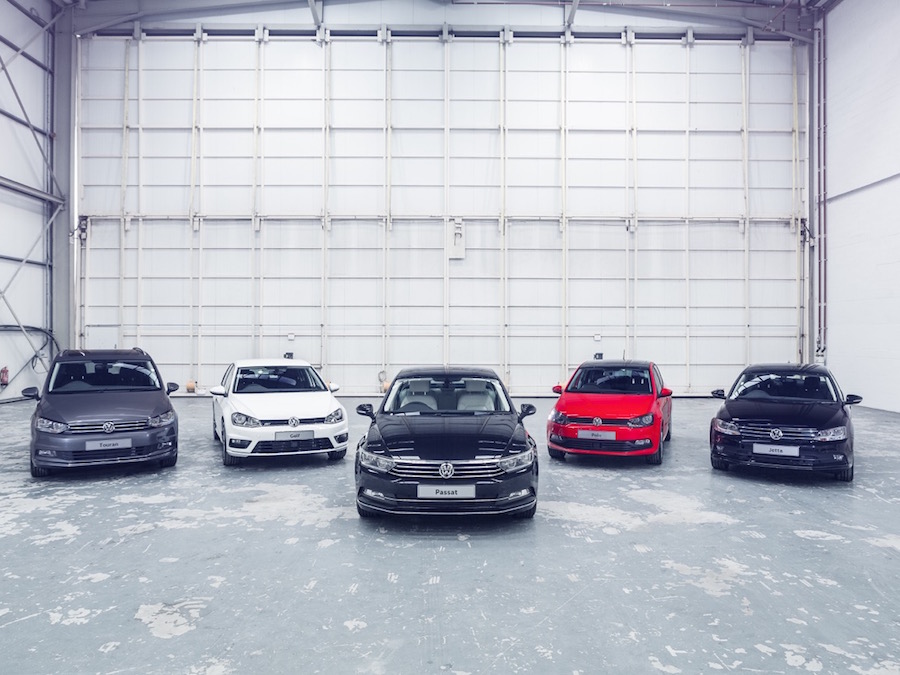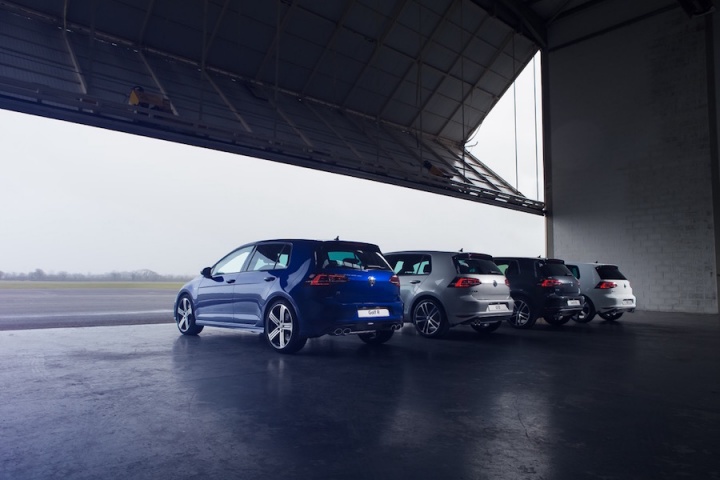What's the news?
So, how bad is bad publicity? If Volkswagen's latest figures are to be believed, not that bad at all. With Volkswagen still mired in the depths of the scandal surrounding its diesel-engined naughtiness, the company's sales have fallen by just 0.7 per cent so far this year.
Volkswagen delivered 2,925,000 Volkswagen-badged cars to customers worldwide in the first half of 2016, which represents a fall of just 20,000 units compared to the same (pre-scandal) period in 2015. That more or less chimes with what an insistently anonymous Volkswagen source told us recently, that: "people will kick us about this, and keep kicking us for a while but the fundamental product is still good and people want to buy good cars." It would certainly seem so, and Toyota's hopes of using the diesel scandal to leapfrog Volkswagen for the global No.1 spot have been stymied.
Overall, the entire Volkswagen group has sold 5.12-million vehicles so far this year, while Toyota, which suffered a 0.6 per cent decline in sales, has moved 5.02-million.
Here in Ireland, it's a slightly different story. Volkswagen is holding its own in the Irish market right now, but only just. Up to the 2nd of August, Volkswagen-branded sales stood at 13,525 cars and vans, as compared to 13,363 in the same period last year, which represents a 1.21 per cent rise. A rise is a rise is a rise, but over at arch-rival Toyota, things are looking rather rosier in the Irish garden. It has sold 13,939 vehicles in the year to August 2nd, as opposed to 11,707 last year and so saw a rise in sales of 19.07 per cent - roughly in line with the market as a whole.
Things are looking much worse for Volkswagen on the political front. This week, the German state of Bavaria (in which resides many of Audi's factory and corporate facilities) has declared that it is going to sue Volkswagen. Not because of any concerns over pollution, but because the state invested in Volkswagen, and lost a reputed €700,000 when Volkswagen's share price plummeted in the wake of the diesel scandal. "We want this money back," Bavarian finance minister Markus Söde told German news agency Deutsche Presse-Agentur.
South Korea is also getting on Volkswagen's case. The government there has ordered the company to stop selling 32 different models made by the group, citing cases of forged documents relating to emissions performance and drive-by noise tests. Volkswagen has also been hit with two massive fines in South Korea for its bungled emissions tests - a USD$12.6-million one from the government, and a further USD$15.98-million one from local authorities.
Volkswagen had already voluntarily stopped the sale of all the affected models before the final decision was handed down.
Volkswagen is looking to expand in east Asia though. According to Manager Magazine, the German giant has begun tentative talks with Indian conglomerate Tata about a joint-venture to make an affordable, budget car range for markets such as India, Indonesia and China. Volkswagen had previously bought a stake in Suzuki, hoping to build just such a range of cars in Suzuki's Maruti operations in India, but the tie-up led to a messy and rancorous divorce as Suzuki proved to be too independently minded for Volkswagen's taste. The deal would represent a coup for Tata, which has struggled with sales of its ultra-cheap Nano city car in India, but it's not known yet if any such deal might have an effect on Tata's ownership of Jaguar and Land Rover.


